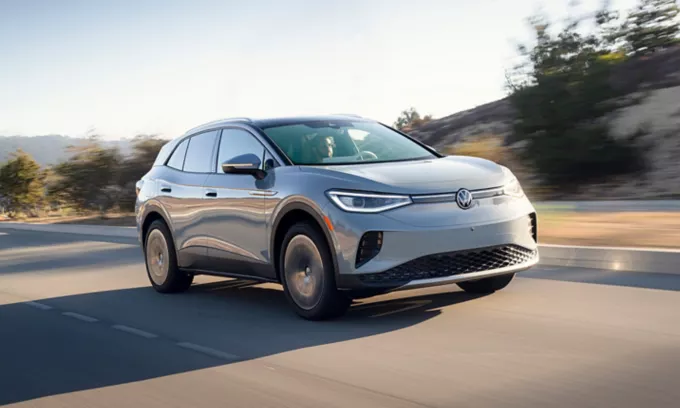In the race to develop budget-friendly electric vehicles, there has been a surge of excitement and skepticism about the future of the automotive industry. The inclination towards electric cars is palpable, and automakers worldwide are striving to create cost-effective models that cater to the mass market. Notable among them are traditional market leaders, such as Tesla and Renault, alongside the enterprising Chinese manufacturers who have pledged to make the electric dream more accessible.
Progress on Volkswagen’s ID.1
Volkswagen, a powerhouse in the industry, is not left behind in this electric revolution. Thomas Schäfer, the brand’s CEO, disclosed during a financial update that their ID.1 model, which could get a new name at launch, is on track to be unveiled in 2027. The anticipated price tag of €20,000 illustrates Volkswagen’s commitment to affordability. Yet, questions linger about the car’s profitability due to the inherently high costs of batteries and the need to manufacture on a large scale. Schäfer candidly tackled these economic challenges in his interview with Der Spiegel, indicating that Volkswagen is exploring various scenarios and possible collaborations to make this vehicle viable commercially.
The ID.2, another model in Volkswagen’s electric arsenal, is already confirmed and poised for a market entry in 2026 with a €25,000 price point. However, its battery composition at launch, whether LFP or the pricier NCM, remains open to confirmation.
While ultimate decisions on manufacturing locations and partnerships are expected in the near future, Schäfer has emphasized Volkswagen’s dedication to their electric fleet, despite ebbs in EV sales.
Skoda’s Epiq Vision Unveiled
In a simultaneous revelation, Skoda, a Volkswagen Group brand, presented the Epiq, a compact SUV derived from the ID.2. With a likely release date of 2025, this model beckons both curiosity and caution about its projected timeline given that the Volkswagen variant is slated for the subsequent year. Skoda has highlighted the vehicle’s roomy interior and luggage space but remains guarded on detailed specifications even though they hint at a solid 400 kilometers range. Technical elements of the Epiq are expected to echo those of the ID.2, albeit with front-wheel drive to differentiate it from the rear-wheel-drive ID.3.
The production sites for these forthcoming models are also in discussion, with shifts in manufacturing potentially occurring to optimize efficiency and reach strategic markets.
With new design philosophies, such as Skoda’s “Modern Solid,” the Epiq represents a shift in aesthetic direction as well as functionality, promising state-of-the-art technology and sleek visual appeal.
Conclusion: What to Expect from Future EV Offerings
The overarching narrative in the electric vehicle sector is one of balance—manufacturers are challenged to blend affordability with performance. The reality, however, is that these cost-effective models will primarily serve as city cars with modest ranges, charging predominantly at homes and workplaces. This serves as a reality check for those anticipating long-distance electric vehicles at ultra-low prices, echoing the truth that such expectations are, at present, unattainable. The goal remains clear: to equip the masses with electric vehicles, but it may take time before we witness a significant leap forward in terms of range versus cost.
Manufacturers aim to replicate the affordability of past combustible engine models that could conquer vast distances, such as the Yugo and Hyundai Excel. But electric vehicle technology has not yet found a way to mimic this capability at the low price points consumers desire. It underscores a candid foresight that substantial range for a minimal investment remains a future endeavor, one possibly beyond the current or next decades.


























